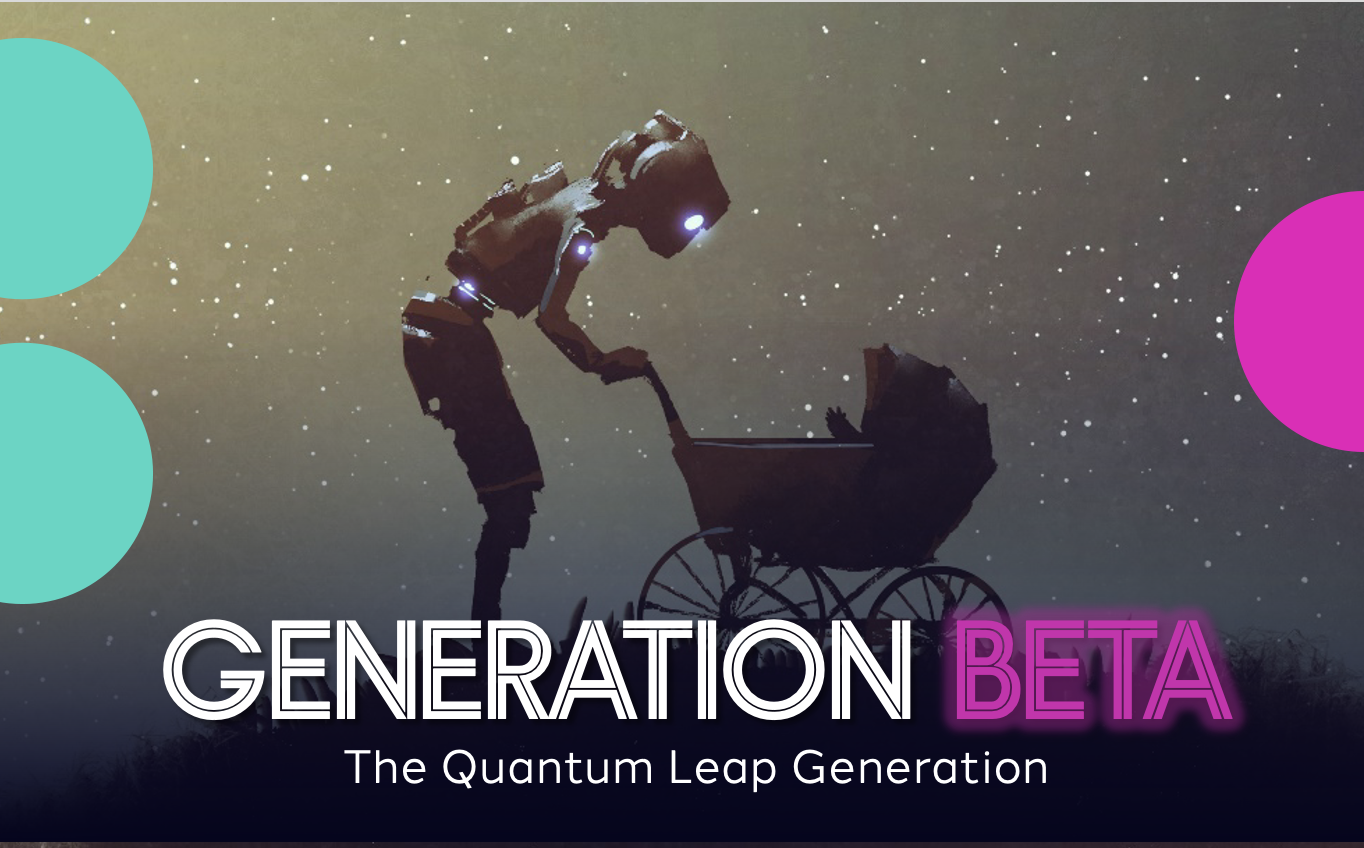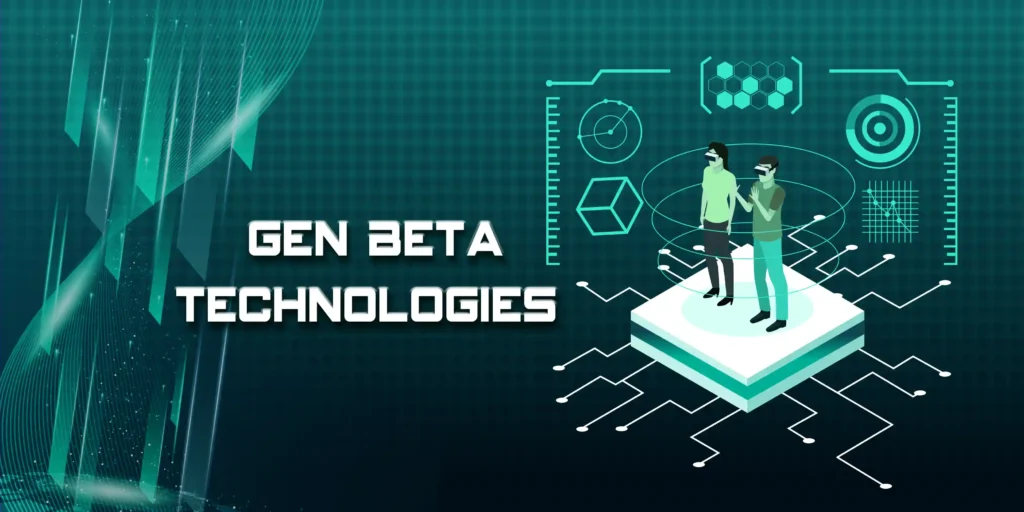Generation Beta, born after 2010, is poised to redefine the world as we know it. This highly connected and technologically savvy generation is rapidly shaping our culture, economy, and values.
Generation Beta, also known as Centennials 2.0, is characterized by their constant digital immersion. They have never known a world without smartphones, social media, or AI. This exposure has led to unique cognitive, social, and emotional traits. They possess a natural affinity for technology, are highly adept at multitasking, and have a globalized worldview.
Technology is deeply intertwined with Generation Beta’s identity. They are the first generation to grow up with 5G connectivity, virtual reality, and augmented reality. This has fostered a “hyper-digital” environment that influences their learning, entertainment, and communication.
Research indicates that Generation Beta has shorter attention spans due to the constant bombardment of digital content. However, they are also more adaptable and creative in their use of technology. They embrace personalized and interactive experiences, driving demand for immersive entertainment and customized learning platforms.
Social media and digital platforms have profoundly impacted Generation Beta’s social and emotional development. They are highly connected but may also experience feelings of isolation and loneliness. Spending excessive time online can lead to cyberbullying, anxiety, and mental health issues.
On the flip side, digital connectivity has also fostered a sense of global community among Gen Beta. They are actively engaged in online activism and have a strong passion for social justice. They prioritize inclusivity, diversity, and sustainability, shaping a more tolerant and conscious society.
Technology’s influence extends to education, where Generation Beta demands personalized and experiential learning. They thrive in collaborative environments and prefer hands-on activities over traditional lectures. This has led to the rise of STEM education, project-based learning, and online course platforms.
Generation Beta is expected to enter the workforce in the 2020s and 2030s. They will bring a unique set of skills and expectations. They are more entrepreneurial, value work-life balance, and prioritize meaningful work experiences that align with their personal values.
While Generation Beta possesses immense potential, they also face significant challenges. The constant digital exposure can lead to mental health issues, tech addiction, and privacy concerns. They must balance their online and offline lives to avoid digital fatigue and maintain healthy relationships.
Furthermore, ensuring equality and inclusivity for Generation Beta is crucial. Not all individuals have equal access to technology, and this disparity can create social and economic barriers. Addressing these challenges requires collaboration between governments, educators, and parents.
Generation Beta’s impact on the future of the world is profound. They will drive technological advancements, shape cultural norms, and redefine the economy. Their global mindset and activism will play a vital role in addressing global challenges such as climate change and social inequality.
It is essential to understand and support Generation Beta as they navigate the complexities of their digital and social landscape. By providing them with the resources, education, and guidance they need, we can empower them to become the architects of a more connected, equitable, and fulfilling future.
Generation Beta represents a transformative generation that is redefining the world through their unique blend of technological savvy, global awareness, and social consciousness. While they face challenges, their potential to shape a better future is immense. By investing in their education, well-being, and opportunities, we can harness their innovative spirit and create a society that reflects their values and aspirations.

